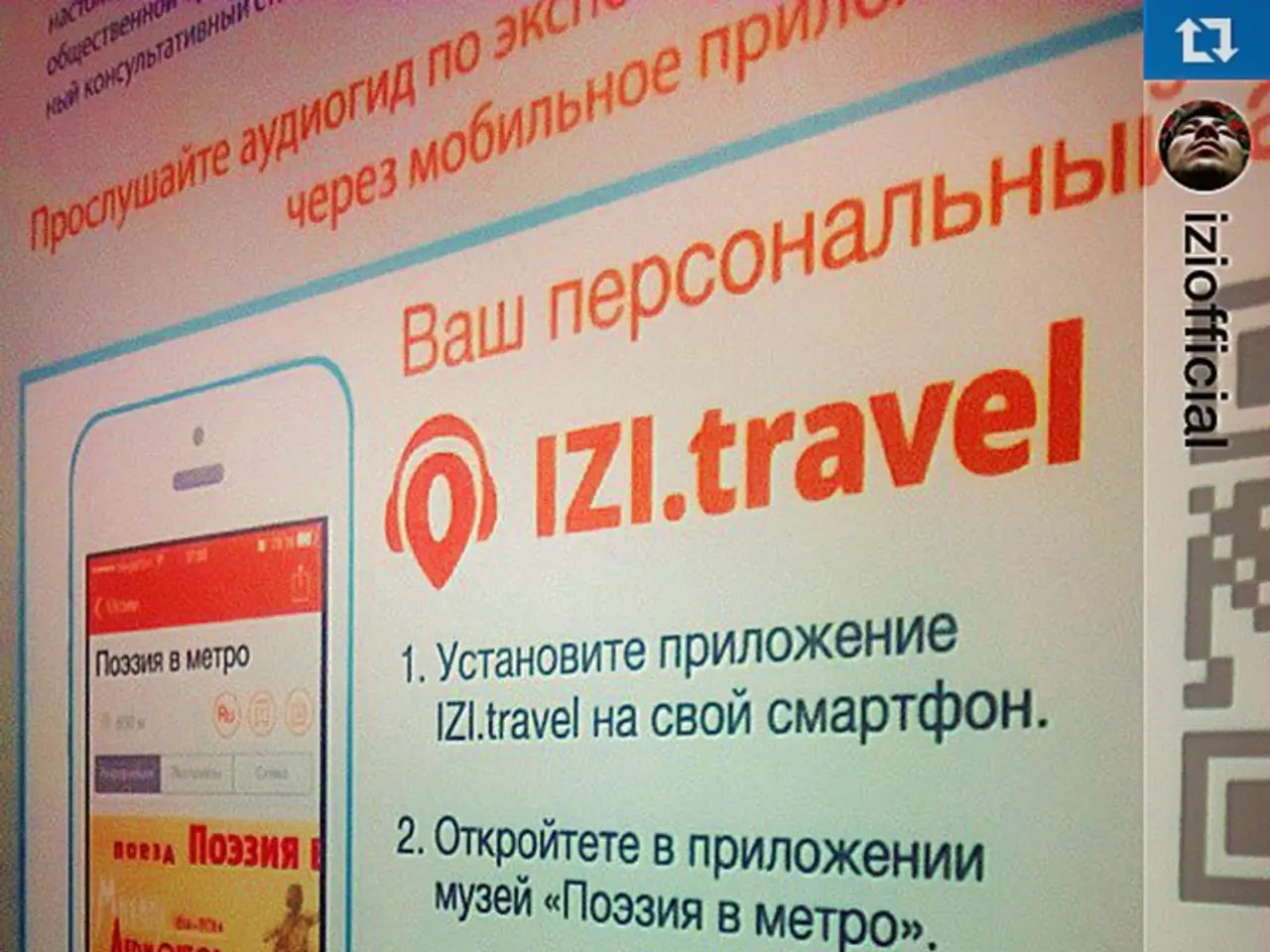Social media advertising landscape: How left-leaning groups and the Alternative for Germany party (AfD) achieve significant impact with limited resources
In the recent 2025 election, the race for reach and engagement in political advertising on Meta platforms (Instagram, Facebook, WhatsApp) proved to be a complex battlefield, with factors beyond advertising budgets playing significant roles.
Meta's algorithms prioritize content that generates meaningful engagement, such as likes, comments, and shares, particularly video formats like Instagram Reels and Facebook videos. Creating varied, interactive, and compelling content that resonates with the audience is essential for better reach[2][3][4].
Since 2025, Facebook has emphasized engagement quality over mere clicks or impressions, rewarding ads with authentic user interactions and longer user engagement times. This pushes advertisers to focus on creating relevant and engaging political content rather than just obtaining high impression counts[3].
Deep knowledge of audience interests, behaviors, and active times allows advertisers to tailor content for better appeal and schedule posts for optimal visibility, thereby boosting engagement[4]. Meta also uses AI to optimize ad delivery dynamically based on campaign goals and user behavior, improving the relevance of ads shown to users, which increases engagement at a lower cost per click[2].
However, in regions like the EU, new regulations require explicit user consent for political ad targeting. This limits targeting options, reducing the ability to reach relevant audiences and thus affecting both reach and engagement[1].
Emerging tech such as Augmented Reality (AR) ads on Facebook can create more immersive and interactive experiences, helping political advertisers stand out and drive higher user interaction[3].
Platform-specific moderation and transparency policies also play a role. Meta enforces policies to prevent misinformation and increase ad transparency, which may restrict certain content types or reduce ad reach if they violate guidelines, indirectly influencing engagement[1][5].
Interestingly, the Left party has a strong organic presence on Instagram with comparatively low advertising spend, while the AfD achieves high interaction numbers on Facebook with the least investment[6]. The CDU/CSU achieves good results on both platforms with medium spending, and the Greens, despite the largest advertising budget, only achieve solid values and lag behind other parties[6].
Webnetz, in an investigation from January 18 to February 16, 2025, analysed the advertising spending of parties on Meta platforms. The strategies of the parties clearly play a significant role in determining reach and engagement[7]. This analysis takes a closer look at the parties' strategies, providing insights into the intricacies of political advertising on Meta platforms.
References: 1. Meta's Advertising Policies 2. Meta's Advertising Guide 3. Meta's Ad Innovations 4. Understanding Facebook's Algorithm 5. Meta's Fight Against Misinformation 6. Webnetz's Investigation 7. The Importance of Advertising Strategy
The analysis by Webnetz from January 18 to February 16, 2025, showcases the significance of parties' strategies in achieving reach and engagement on Meta platforms (policy-and-legislation and general-news), providing insights into the intricacies of political advertising (politics). The increasing focus on user engagement quality over mere clicks or impressions by Facebook has pushed advertisers to create relevant and engaging political content (policy-and-legislation, politics).
In regions like the EU, new regulations require explicit user consent for political ad targeting (policy-and-legislation), reducing the ability of advertisers to reach relevant audiences and thereby affecting engagement (politics, general-news). The Left party has a strong organic presence on Instagram with comparatively low advertising spend (politics, general-news), while the AfD achieves high interaction numbers on Facebook with the least investment (politics, general-news), highlighting the importance of a well-strategized approach in political advertising (politics).







